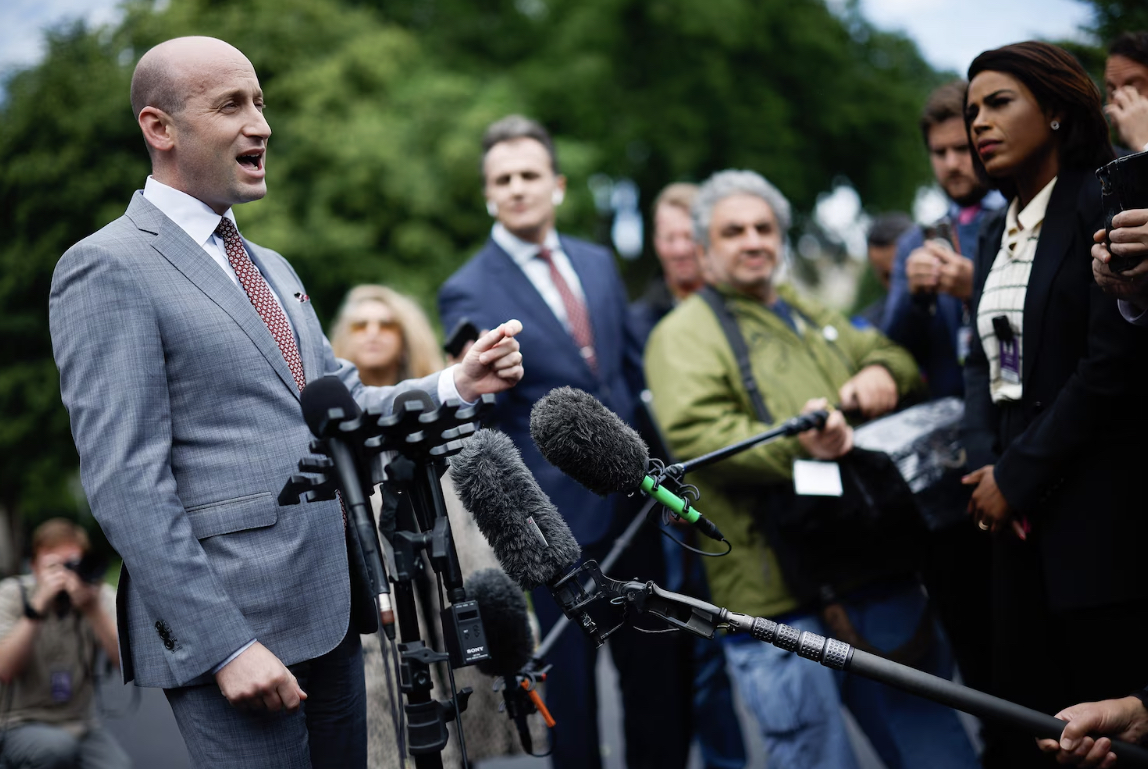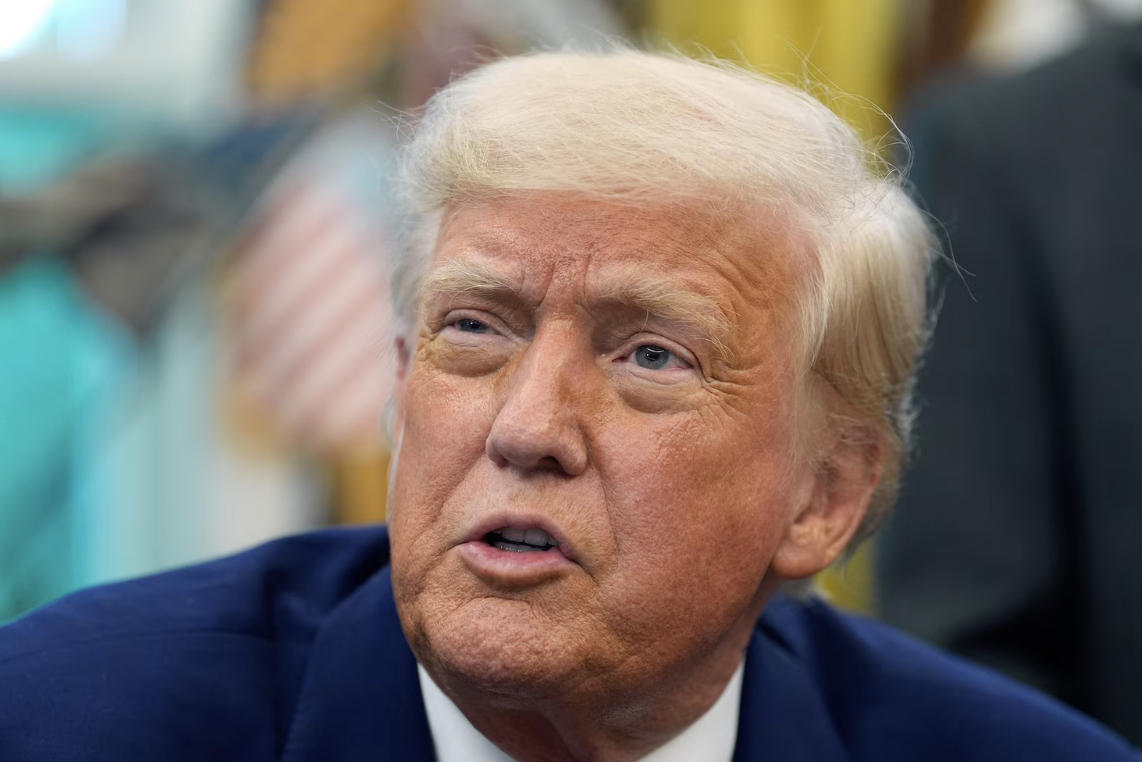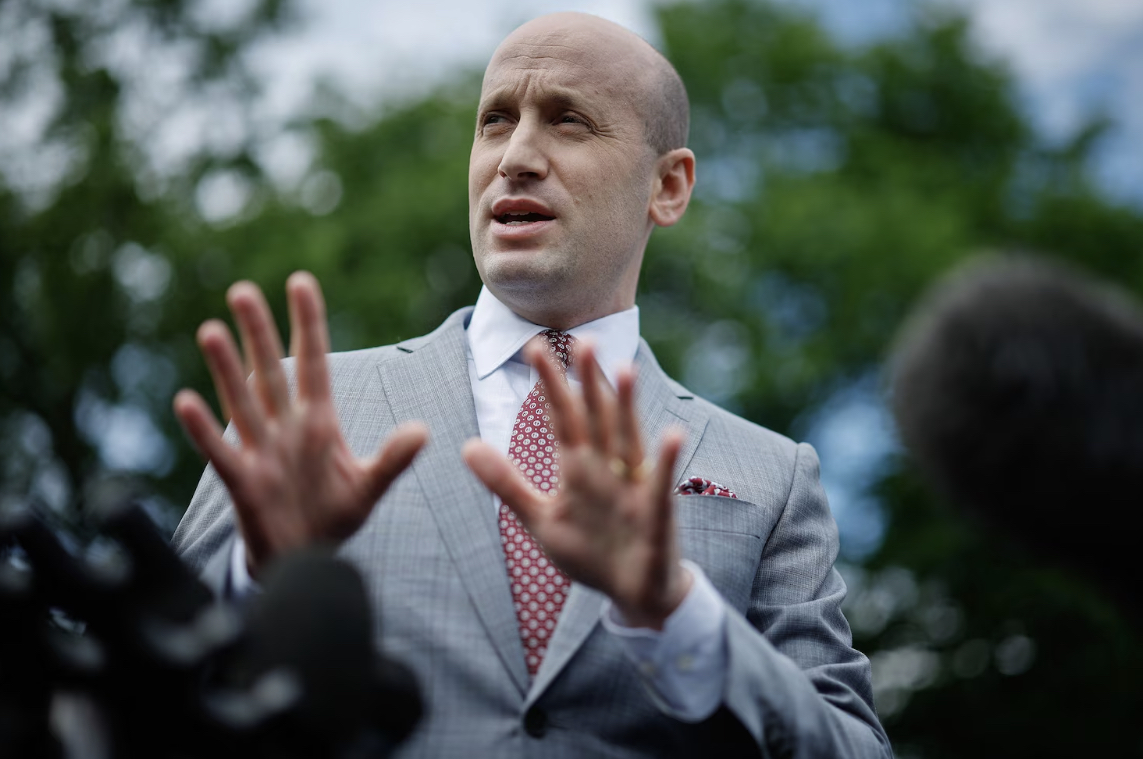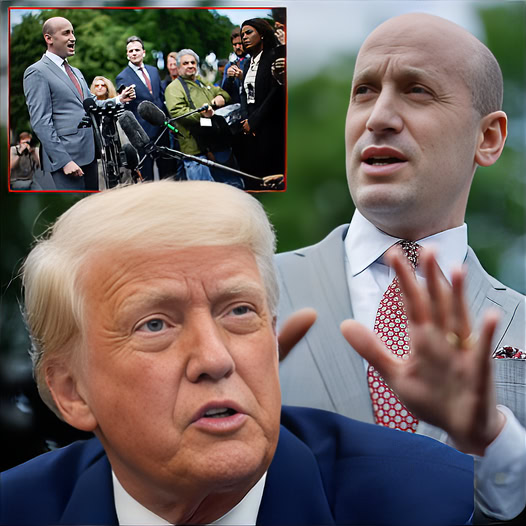The Trump administration is reportedly considering one of its most aggressive legal maneuvers yet in the realm of immigration. On Friday, White House deputy chief of staff Stephen Miller stated that the government is “actively looking at” suspending habeas corpus—the legal principle that grants individuals the right to challenge unlawful detention. This concept, deeply rooted in American and English law, serves as a key protection against government overreach.

Suspending habeas corpus would mark a dramatic shift in U.S. constitutional norms. Although rare, this action has precedent in times of war or national emergency. If President Trump were to invoke such a measure, it would allow authorities to detain individuals—potentially undocumented immigrants—without the immediate need to justify those actions before a court. Critics argue this could undermine the very foundation of civil liberties in the country.

This potential move reflects a broader pattern in the Trump administration’s approach to immigration, where executive power has often been expanded to bypass traditional checks. Whether viewed as a necessary step for national security or a dangerous erosion of legal rights, the idea of suspending habeas corpus introduces a pivotal legal and ethical debate into the political arena.

